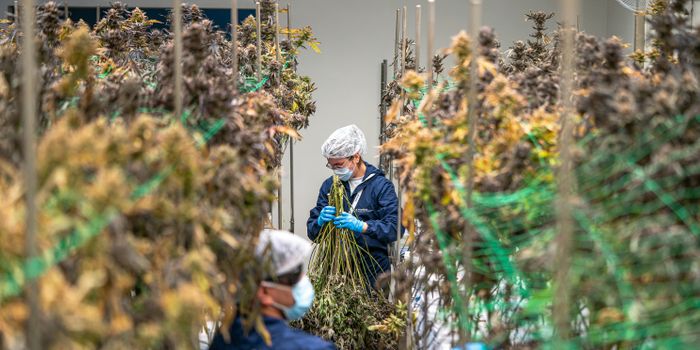Is it possible to cut pesticide usage and maintain productivity?
We know that pesticides can be dangerous; they have been shown to be health hazards for humans, wildlife, and the environment as a whole. And yet most farmers rely on pesticides, insecticides, and fungicides to maintain productivity on their farms, and given that the pesticide industry has maintained the story that farms will fail without their product, cutting usage can be a scary risk.
“Despite evidence that much pesticide use is unnecessary and a big European Union initiative to encourage sustainable use, farming continues to be dominated by pesticide use,” said Matt Shardlow, chief executive of Buglife.
However, an interesting study published last year in the journal Nature Plants debunked this pesticide myth, soon after several UN food and pollution experts said pesticides cause “catastrophic impacts on the environment and human health” in March of last year and accused pesticide manufacturers of a “systematic denial of harms”.
The study, which reviewed data from 946 non-organic arable commercial farms in France, determined that cutting pesticide usage would likely not hurt farms. In fact, 94% of farms analyzed would lose no production if they cut pesticides and two-fifths of these would actually have higher productivity.
The researchers compared farms with varying levels of pesticide usage and found that potato and sugar beet farms are the most sensitive to cuts in pesticide use That’s because these crops use high levels of pesticides and are very profitable. Nevertheless, most arable farms could cut pesticides by over 40% without losses.
The study even separated pesticides into different groups. They noticed that lower levels of insecticides had the biggest impact, resulting in more production in 86% of farms with no farms suffering from production loss. Additionally, the research shows that 78% of farms would be just as well of or even better off in terms of profits if they used less of all kinds of pesticide.
So, with numbers like those and a year out, why are farmers still stuck on pesticides? According to the researchers, the concern is that farmers do not have enough information on alternatives to pesticide usage because so much of their knowledge is fed to them from the pesticide industry.
“Farmers are doing their best to use fewer pesticides,” said France’s National Institute for Agricultural Research, Nicolas Munier-Jolain. “Many are motivated because they are thinking about their own health.” He points out that farmers are using other methods to manage pests, like rotating crops, mechanical weeding, using resistant varieties and organizing sowing dates and fertilizer usage.
Summing up the significance of their study, the authors write: “Our results demonstrate that pesticide reduction is already accessible to farmers in most production situations. This would imply profound changes in market organization and trade balance.”
Sources: The Guardian, Nature Plants









